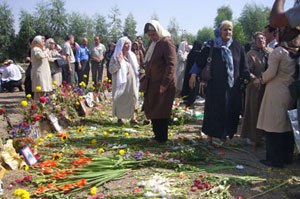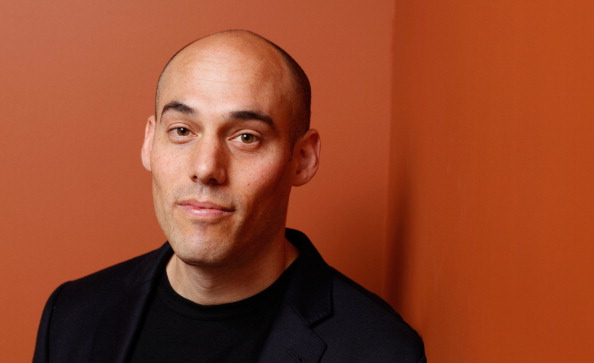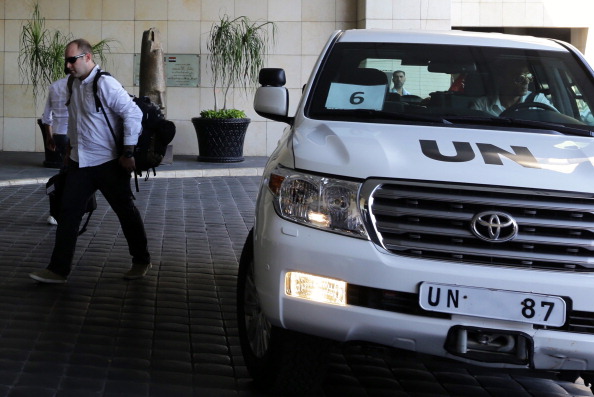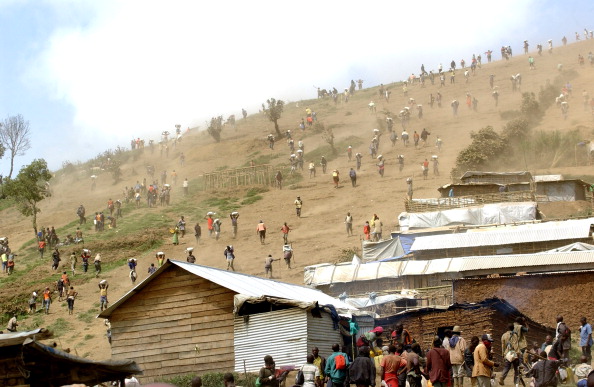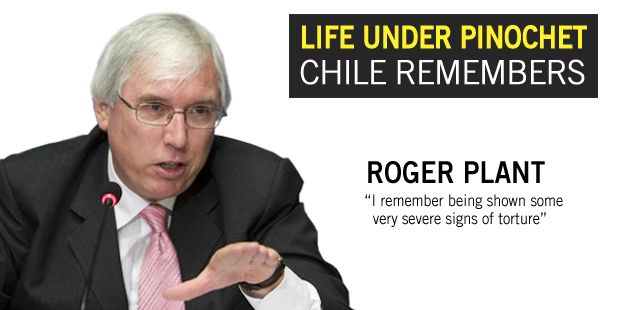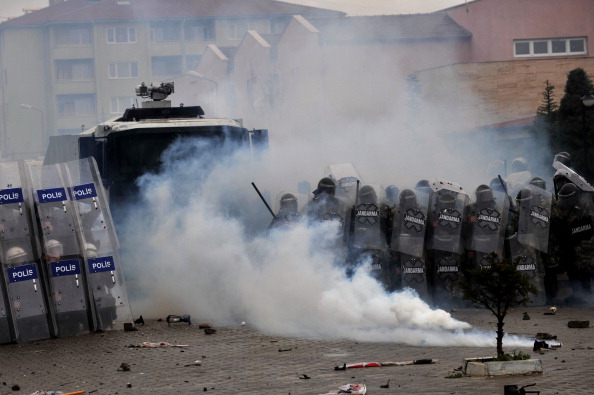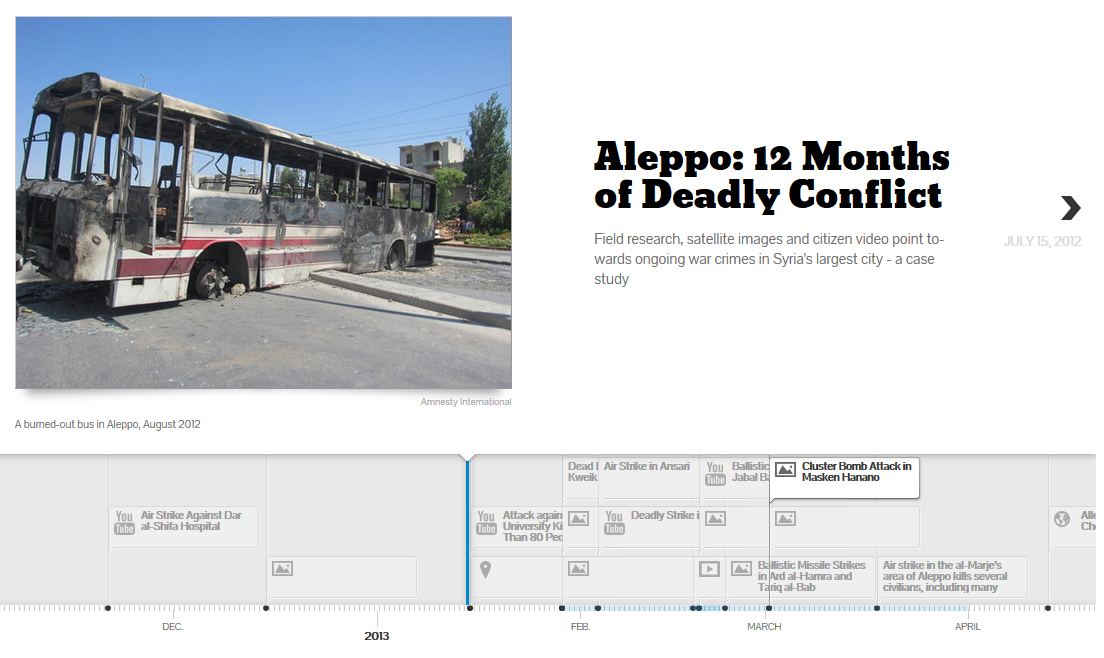What Hakan Yaman most wants for his birthday – what he most deserves – is justice from the state that has so tragically failed him. Today, you can help him get it with a birthday greeting through twitter.
Yaman, the father of two, is one of the thousands of victims of shocking police violence which Amnesty has described in its new report on the suppression of freedom in Turkey during the Gezi protests. Yaman, himself, was not even a protester, but simply returning home from work during the course of the protests. Mistaken for a protester, he was attacked by police who beat him, and dragged him on top of a street fire. Before leaving him, one police officer gouged one of his eyes out.
